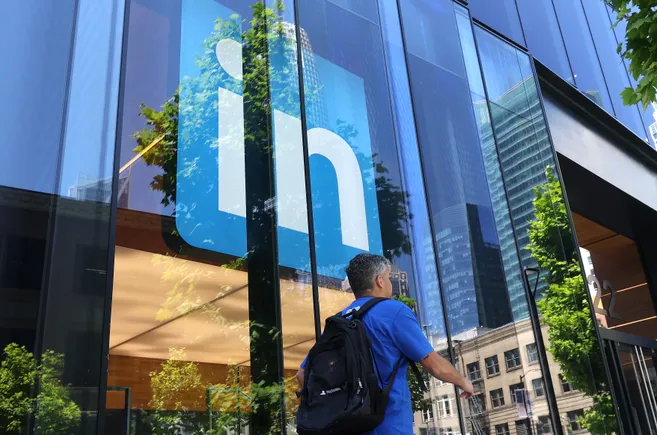Recruiters are reinventing their talent acquisition strategies and adjusting to market conditions by harnessing new technology and relying on measurable insights driven by artificial intelligence tools, according to an Oct. 15 report from Employ Inc.
AI adoption appears to be accelerating, with 65% of recruiters now using AI in their workflows. Talent teams are considering factors such as data privacy, human oversight and explainability while making investments, the report said.
“Recruiting has always been about people, and the best teams know that technology should make those human moments stronger,” Stephanie Manzelli, CHRO at Employ, said in a statement. “The 2025 data shows that organizations are striking a new balance, leveraging automation for efficiency while protecting fairness, transparency and connection. It’s proof that progress in talent acquisition doesn’t mean replacing people; it means empowering them.”
AI will continue to transform talent acquisition in coming months, with both companies and job seekers increasingly using automated tools, according to LinkedIn’s Talent Blog. In response, demands for transparency during the process will likely increase from both sides, LinkedIn said.
In the Employ report, 67% of talent acquisition leaders said they plan to increase spending on tech, with 52% investing in new recruiting technology.
Tech stacks are also evolving quickly, the report found. Although 82% of recruiters expressed satisfaction with their current systems, 76% said they expect to replace their primary recruiting platform within two years. This could signal an industry-wide shift to flexible, AI-powered platforms that can scale with growth.
Notably, candidate quantity took the lead in priority, according to the report. More than half of recruiters said getting more candidates per role is their top priority, surpassing candidate quality for the first time in two years.
HR teams face a pivotal moment in 2025 while balancing budget constraints with hiring challenges, according to HR Dive’s 2025 Identity of HR survey. To adapt, HR leaders need to refine their hiring processes, consider new talent pools, nurture talent pipelines and invest in internal mobility, experts told HR Dive.






Leave a Reply